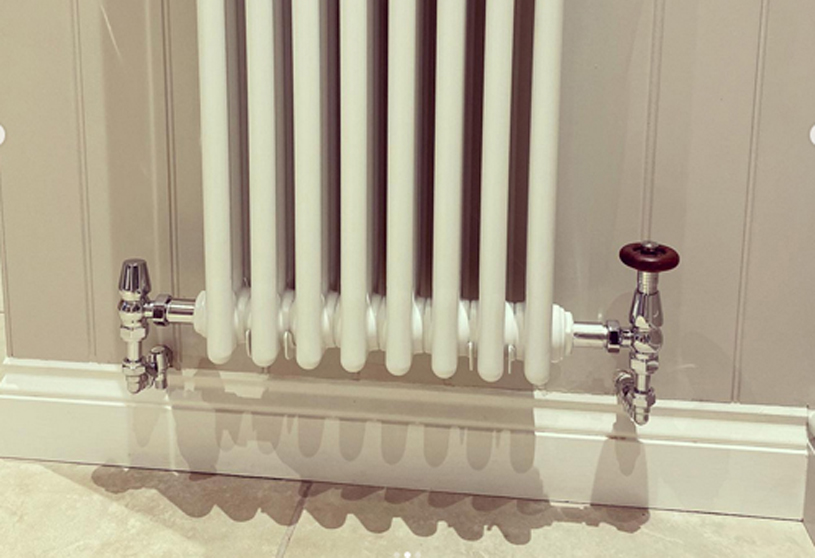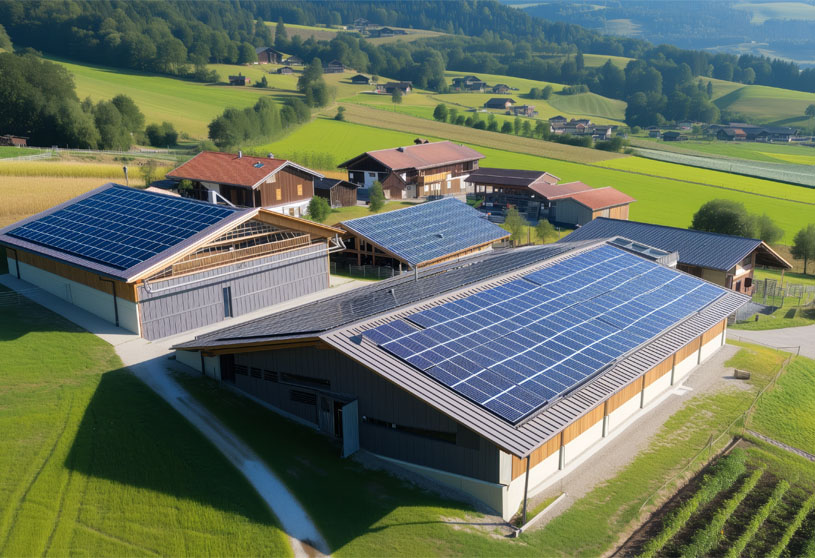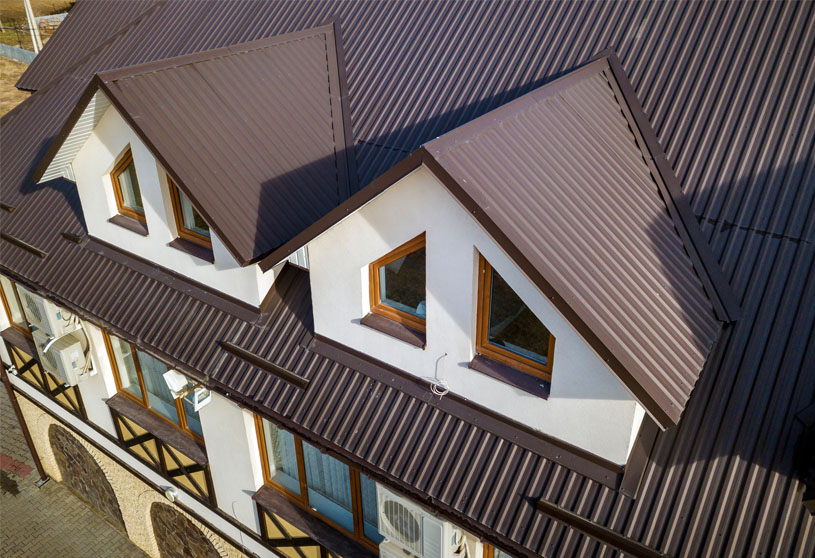In an era marked by increasing concerns about energy consumption and environmental sustainability, the efficient use of energy in our homes is paramount. One area where technology has made significant strides in recent years is home heating. With innovations ranging from smart thermostats to energy-efficient heating systems, technology has transformed the way we heat our homes, making it more efficient than ever before.
In this article, we will explore some of the ways in which technology is revolutionising home heating and helping us create more comfortable and eco-friendly living spaces.
Smart Thermostats
Smart thermostats are at the forefront of revolutionising home heating, offering a range of intelligent features that optimise energy efficiency and enhance user comfort. Let’s delve into some of the key functions that make smart thermostats an essential component of modern home heating systems:
Learning and Adaptation:
Smart thermostats are designed to learn and adapt to your heating preferences and daily routines. And that’s no matter whether you have vertical or traditional column radiators. Using advanced algorithms and machine learning, these devices analyse your heating patterns over time and automatically adjust the temperature settings accordingly. By learning when you typically leave and return home, a smart thermostat can ensure that your home is comfortably heated when you need it while conserving energy during your absence.
Remote Control and Accessibility:
One of the most convenient aspects of smart thermostats is their remote control capability. Through smartphone applications or web interfaces, homeowners can easily control and monitor their heating systems from anywhere, anytime. Whether you’re at work, on vacation, or simply lounging on the couch, you can adjust the temperature, set schedules, and monitor energy usage with just a few taps on your mobile device. This functionality not only provides convenience but also allows for energy savings by ensuring heating systems are only in use when necessary.
Energy-Saving Algorithms:
Smart thermostats incorporate energy-saving algorithms that optimise heating performance while minimising energy consumption. By analysing factors such as outdoor weather conditions, insulation levels, and historical usage patterns, these devices can make intelligent decisions about when and how to heat your home efficiently. For instance, on milder days, the thermostat may delay the heating start time or lower the temperature slightly to conserve energy. These algorithms help to strike a balance between comfort and energy savings, resulting in reduced utility bills.
Personalized Scheduling:
Smart thermostats enable homeowners to create personalised heating schedules tailored to their lifestyle and preferences. Instead of maintaining a constant temperature throughout the day, you can program the thermostat to adjust the temperature based on your daily routine. For example, you can set the thermostat to lower the temperature during work hours and gradually increase it before you arrive home. This level of customization ensures that energy is not wasted on heating an empty house and allows for a warm and comfortable home environment precisely when you need it.
Energy Usage Monitoring and Reporting:
Another key feature of smart thermostats is their ability to monitor and provide detailed reports on energy usage. These devices track and analyse data on how much energy your heating system consumes, allowing you to identify patterns and make informed decisions about energy efficiency. Through intuitive interfaces or accompanying mobile apps, you can view energy consumption charts, receive energy-saving tips, and even compare your usage with similar households. This feedback empowers homeowners to make adjustments and optimise their heating systems for better efficiency.
Smart thermostats are revolutionising home heating by offering a combination of convenience, energy savings, and personalised comfort. With their learning capabilities, remote control features, energy-saving algorithms, personalised scheduling options, and energy usage monitoring, these devices empower homeowners to take control of their heating systems and reduce energy waste. By leveraging the power of technology, smart thermostats play a significant role in making home heating more efficient and environmentally friendly.
Zoning Systems
Traditional heating systems often struggle to provide uniform heat distribution throughout a home, resulting in energy waste and inconsistent comfort levels. Zoning systems address this issue by dividing a home into separate zones, each with its own temperature control. This technology allows homeowners to heat only the areas that are occupied while keeping unoccupied spaces cooler. By using motorised dampers and programmable thermostats, zoning systems ensure that each zone receives the optimal amount of heat, thereby reducing energy consumption and providing personalised comfort.
Radiant Heating
Radiant heating is an innovative technology that has gained popularity due to its energy efficiency and enhanced comfort. Unlike conventional forced-air systems, which rely on heating the air, radiant heating warms objects and surfaces directly. This method ensures a more uniform and comfortable heat distribution, as it minimises heat loss through drafts or ventilation. Radiant heating systems can be installed under the floor, in walls, or even in ceilings, providing efficient and consistent warmth throughout the home. Furthermore, radiant heating is compatible with various energy sources, such as solar or geothermal, further reducing environmental impact.
Energy-Efficient Heating Systems
Advancements in heating system technologies have resulted in more energy-efficient options for homeowners. Modern condensing boilers and furnaces utilise advanced heat exchanger designs, extracting more heat from the combustion process. This improved efficiency reduces fuel consumption and lowers greenhouse gas emissions. Additionally, heat pumps have gained popularity as an eco-friendly heating option. By extracting heat from the air, ground, or water sources, heat pumps can deliver several times more energy than they consume, making them highly efficient and environmentally friendly.
Energy Monitoring and Analytics
With the rise of the Internet of Things (IoT), homeowners can now monitor and analyse their energy usage in real-time. Connected devices and smart home platforms enable individuals to track their heating system’s efficiency and identify areas for improvement. By analysing data on energy consumption, homeowners can make informed decisions about their heating habits, adjust settings for optimal efficiency, and identify any malfunctions or inefficiencies in the system.
Conclusion
Technology continues to transform the way we heat our homes, making it more efficient, comfortable, and environmentally friendly. Smart thermostats, zoning systems, radiant heating, energy-efficient heating systems, and energy monitoring tools all contribute to reducing energy waste, lowering utility bills, and minimising our carbon footprint. As we embrace these advancements, we move closer to a future where homes are heated intelligently and sustainably, ensuring both our comfort and the well-being of our planet.




